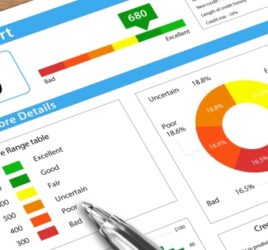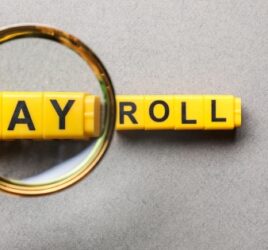
The Importance of Regular Bank Reconciliation
Bank reconciliation might sound like an accounting buzzword, but it’s actually one of the simplest and most powerful tools for keeping your business finances in check.
What Is Bank Reconciliation?
It’s the process of matching your business’s financial records with your bank statement. In other words, it’s double-checking that what you think you’ve earned and spent matches what’s in the bank.
Why Does It Matter? Reconciling your accounts regularly helps you:
- Catch errors early – Whether it’s a duplicate charge or a missed invoice, mistakes happen. Reconciling helps you spot and fix them before they become bigger issues.
- Prevent fraud – If there’s a suspicious transaction, you’ll notice it quickly.
- Make better decisions – When your books are accurate, you can confidently plan for the future.
How Often Should You Reconcile? Monthly is the minimum, but weekly is even better if you have a high volume of transactions. The more often you do it, the less daunting it becomes.
How to Do It
- Compare your accounting records to your bank statement.
- Match each transaction—income, expenses, transfers, etc.
- Investigate and fix any differences.
- Make sure everything adds up at the end.
Most accounting software (like Xero or MYOB) can automate much of this process, especially if you connect your bank account directly.
Quick Tip
Keep your receipts and invoices organised, this makes reconciliation a whole lot easier. And if you ever need to explain a transaction to your accountant or IRD, you’ll be glad you have the backup.
In short, regular bank reconciliation keeps your finances accurate, helps you avoid stress, and puts you in control of your business.



